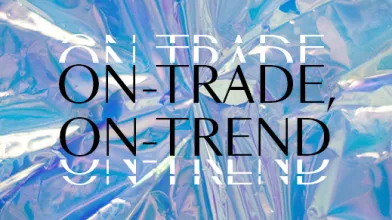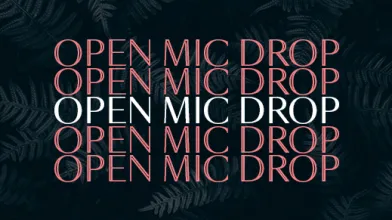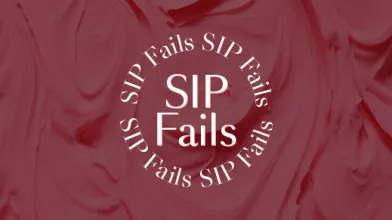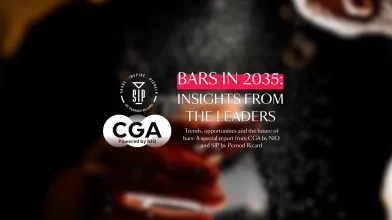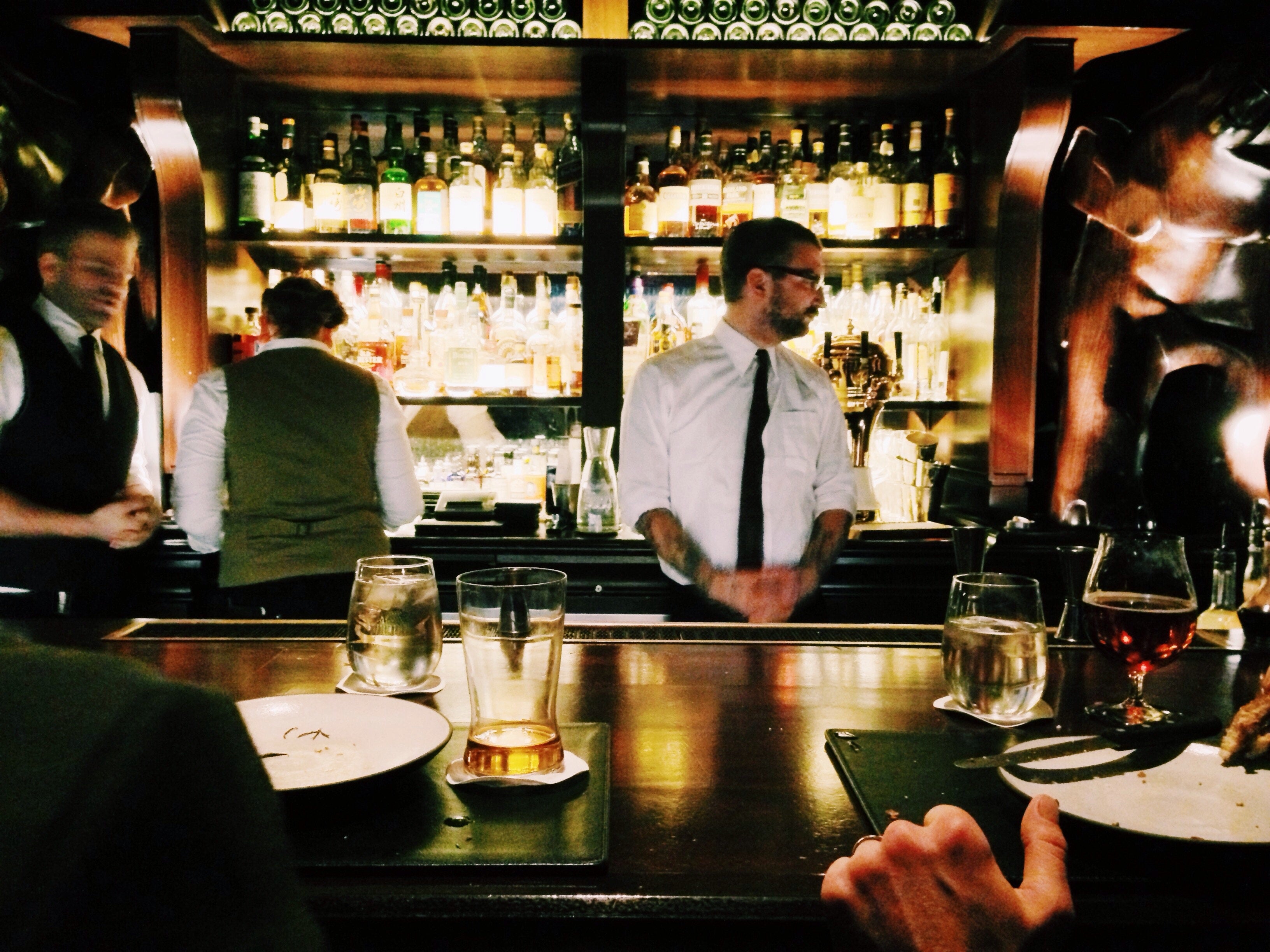How did you start Quiz Meisters?
"I was at uni, studying psychology and film, when some friends asked if I’d host a trivia fundraiser. I got some musician friends to come along and play; we winged it and had a lot of fun. I got a job with one of the biggest trivia companies and learned the ropes. I wanted to bring my film work to trivia, as no one had done that before; we started to make these video segments, and started Quiz Meisters."
Did you roll up somewhere and say, “Let me run a quiz”?
"Pretty much. I was 23, I hit up some of the cool bars I liked, saying, 'I can make a weeknight a lot better for you'. The first bar we went to, said yes."
How much better can you make a weeknight?
"This obviously varies from venue to venue pending on the day of the week they run trivia, their seating capacity, whether they have a kitchen or use food trucks, whether they brew their own beers, etc. For most venues, we have turned their quietest night of the week into their busiest – and it is consistently busy week-to-week.
"Our biggest venues bring in AUD$5k-7k (€3.5k-5k) per night, but in general you are looking at the average cost of a meal at the venue plus 2 to 3 drinks per person. The average crowd size of the first 3 shows is usually doubled by show number 10. This is why we give so much support and direction to kick off strong, because if everything goes to plan, you'll have a full house week-to-week after 6 to 10 weeks."
Is social media important for a trivia night’s success?
"We find a lot of bars, especially the small ones, have social media but don’t really understand it. We know that in the lead-up to your night, you have to be posting three or four times a week. We have a library of resources, bars can tap into, and we use Active Campaign to automate a lot of processes, so as soon as venues onboard with us, they get an eight-week social-media program. We don’t do it for them, we teach them to do it. We tell our venues: our responsibility is to create a brand that people want to engage with and follow; your responsibility is to associate yourself with that brand."
How do you know what works?
"We have a lot of data. We collect the crowd size of every show and can look at that data on a venue, city or state level to see what the crowd pulse is. It goes through a constant wave, and it takes about 10 to 15 weeks to recognise patterns for each venue, but when you get to that point, you can say: 'Hey, you’re going to have a dip here. So let's put the promo just before that and try and level out.'"
Was that support part of the original plan?
"Noooooo. Initially I thought: 'We’ll turn up with a mic and just do it.' We've been doing this for 18 years, but I get bored easily, so I started going deep into it."
Sounds intense…
"It’s not really about the tech or data – it's the show's personality that venues pay for. You’re trying to personify the pub, to give the venue something that punters can walk in and identify with and want to get to know. The other stuff is just how we get it there. We’re clever and professional with that, but on the other hand we’re idiots, and we have a lot of fun. If we’re having fun, everyone is.
"You want to take people on a journey with you. That creates the ambience. It’s all about good storytelling, a sense of discovery. At the end of the night you want people to think: 'This was great. I want to tell my friends about this – I want to bring them next time.' Then you’re creating a relationship."
Are funny trivia nights just a thing for hip inner-city bars?
"We’ve seen a lot of outer suburb bars doing really well. Fewer people are coming into cities, so football clubs and venues that have a real community base have become great places for people to hang out. A lot of lo-fi breweries have done exceptionally well.
"More than half our clients in Queensland are breweries – some are really slick and some feel like you’re walking into someone’s garage but they’re packed out because the owners and the managers have created a great community. You can get these magical shows where 140 people turn up and you’re knocking people back on a Monday night."
So quizzes build community?
"That’s our thing: bringing the customers – and their friends. Teams become personalities in the show, and the bartenders become personalities. We want to create an atmosphere where friends have a bonding experience."
We're going to the bar, what are you having?
"If you're paying, I'll have a Negroni thanks!"
Why a pub quiz can be good for biz
27 September 2022

Creating a great vibe in venues is nothing trivial. Steffan van Lint co-founded the Australian trivia company Quiz Meisters because “all other pub trivia was boring”, and its multimedia games such as Microsoft Paint Masterpiece have reinvigorated the format. The company currently hosts about 100 weekly shows around Australia, with many venue owners finding its value in attracting a mid-week clientele.
Please log in for the whole article
Related Shows
© World’s Best Bars 2025. All Rights Reserved.
Content to be shared with those over the legal drinking age only - Enjoy responsibly.



